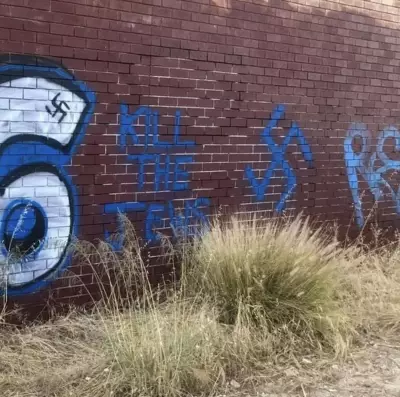
The Australian Capital Territory is poised to make history by moving toward full decriminalisation of sex work, following an extensive community consultation process that revealed overwhelming public support for reforming the territory's approach to the industry.
Community Backs Major Law Reform
After carefully reviewing submissions from hundreds of Canberrans, the ACT government has confirmed it will proceed with legislation to remove criminal penalties for sex work. The consultation process, which concluded earlier this year, demonstrated clear community consensus that the current legal framework requires significant overhaul.
The proposed changes would position the ACT alongside New South Wales and the Northern Territory as Australian jurisdictions that have embraced decriminalisation, moving away from the legalisation model that currently governs the industry.
Why Decriminalisation Matters
Unlike legalisation, which maintains government control over sex work through specific regulations and licensing, decriminalisation treats sex work similarly to other service industries. This approach has been widely endorsed by health organisations and human rights advocates as the model that best protects sex workers' safety and rights.
Advocates argue that decriminalisation reduces stigma, improves access to health services, and enables sex workers to report crimes without fear of legal repercussions. This reform represents a significant step toward recognising sex work as legitimate work and addressing the discrimination faced by those in the industry.
What Happens Next
The ACT government is now developing detailed legislation based on the consultation feedback. While no specific timeline has been announced, the commitment signals a major shift in how the territory approaches sex work regulation.
This move aligns with growing international evidence that decriminalisation improves health outcomes, enhances worker safety, and reduces exploitation in the sex industry. The reform would mark the culmination of years of advocacy by sex worker organisations and human rights groups across Australia.





